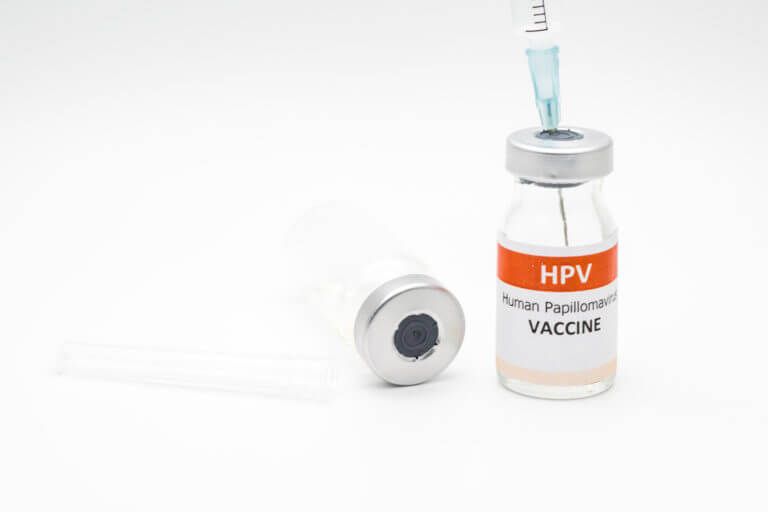
Human papillomavirus, or HPV, is the most common sexually transmitted infection. Some types of HPV cause genital warts, and some types cause cancer. But should you be afraid of HPV?
As it turns out, HPV is so common that most adults will have it during their lifetime. It’s not curable, but most of the time there are no symptoms, and it usually goes away on its own. It used to be practically a fact of life for anyone who was sexually active. Spread by intimate contact, you can get HPV from vaginal, anal, or oral sex.
If you notice painless bumps that appear like blisters or in a cluster around your genitals, it could be genital warts caused by HPV. Your doctor may prescribe topical medication to eliminate warts, or in severe cases may recommend surgery. Warts will often disappear on their own.
The types of HPV that cause warts usually are not the ones that cause cancer. However, cervical, mouth, and throat cancer can be caused by some strains of HPV. Traditionally, it is recommended for women to get a Pap smear every year to test for abnormal cells in the cervix that could be precancerous. If there are abnormal cells, they may resolve on their own or need treatment by cryogenics (freezing), surgical removal, or other minimally-invasive treatments using laser or electric current. This type of cancer can be detected very early, but mouth and throat cancers caused by HPV cannot.
Fortunately, there are vaccines that prevent many of the HPV strains that cause cancer. As more young people are vaccinated, the incidence of these cancers will undoubtedly decline. Being informed and aware are both very important towards prevention and potential treatment of HPV. Ultimately, knowing and understanding a common condition such as HPV can help turn your fears into being vigilant about your healthcare.
Annual exams by a gynecologist are so important for maintaining good health and preventing serious issues. University OB/GYN in Syracuse, NY helps women to take control of their health with thorough annual exams and treatment for many women’s health concerns. Call (315) 464-5162 today or request your appointment online.



